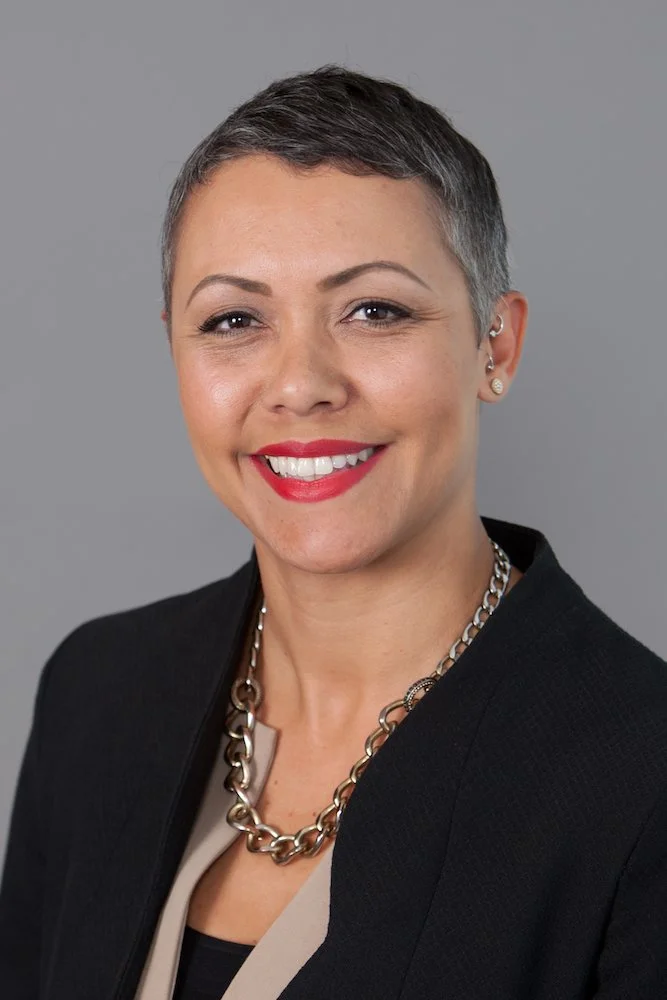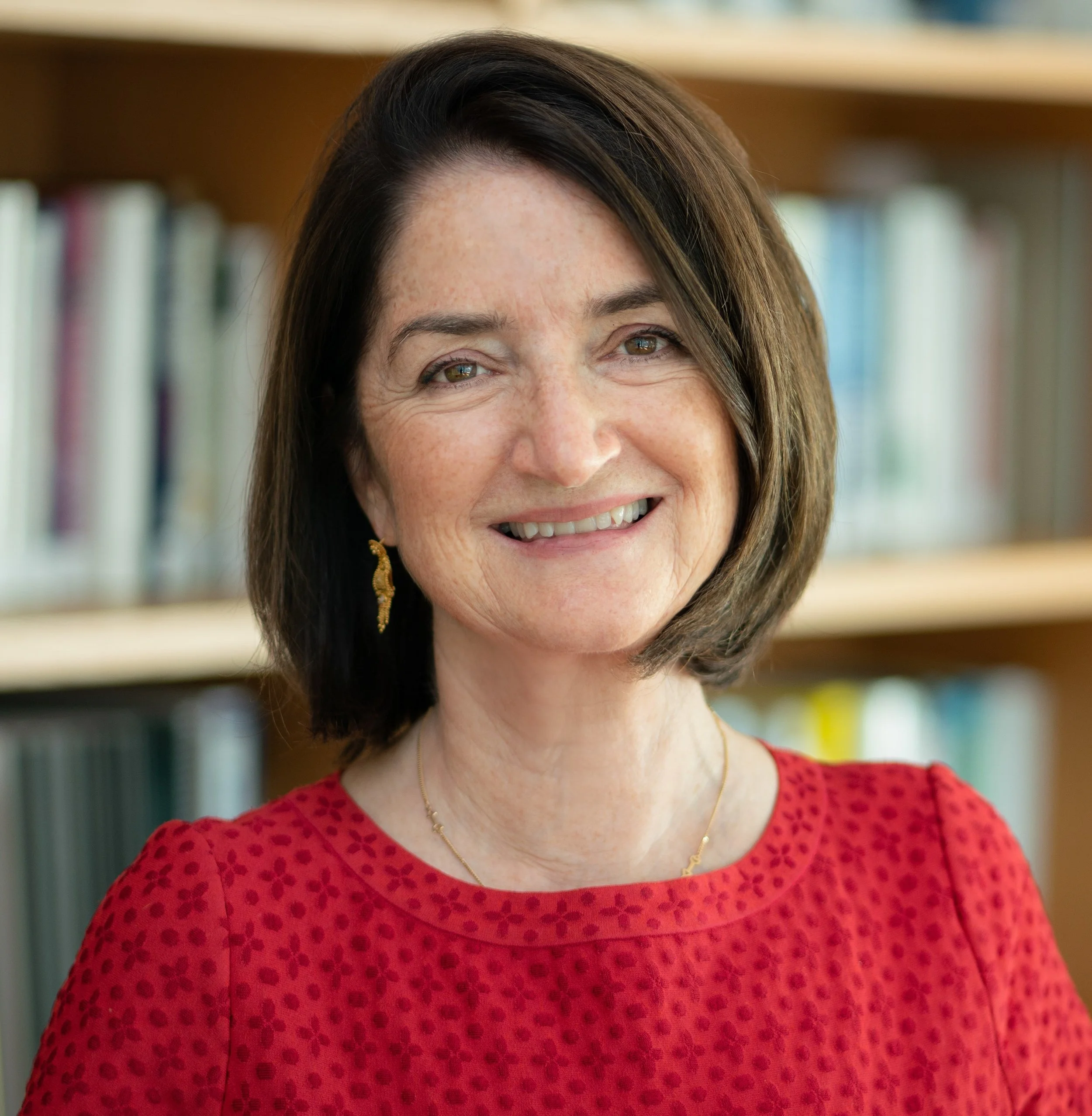After a Shift in Strategy, How Has Joyce Foundation Grantmaking Changed?
/photo: michaeljung/shutterstock
At the end of last year, the Chicago-based Joyce Foundation announced that it would be shifting its strategy in preparation for its 70th anniversary year. Lately, the biggest trend in funder shifts has been toward equity, and Joyce’s new strategy is no exception. In December, Beth Swanson, VP of strategy and programs at Joyce said the "new strategy will focus on expanding opportunity for lower-income and minority children and removing barriers that can prevent them from reaching their full potential."
While adopting an equity focus might represent a big change for some foundations, this approach was already aligned with Joyce priorities. Still, we've been interested to see how the shift would play out for nonprofits. Recently, the foundation announced its first batch of grants since changing its strategy.
Beth Swanson, VP of strategy and programs for the Joyce Foundation, told IP:
It’s true that Joyce has for many years addressed issues of equity (race, income, education, etc.) at the core of our grant making. But we have now made it an explicit goal that will help refine our grant making over time and challenge us to make sure grants are intentionally working toward equity. We also will intentionally bring new voices to policy conversations, including communities most affected by the challenges policy seeks to address.
Related: What Does the Joyce Foundation's New Strategy Mean for Nonprofits?
When Joyce first unveiled its strategy shift, it indicated that education and economic mobility would be high priorities.
Swanson told us:
The merger of Joyce education and employment strategies is in direct response to the field: policymakers and practitioners acknowledge the inextricable link between education (PK-12), post-secondary, and career. We also expanded this program to include higher education, where access and equity issues are quite acute. Several April grants reflected this new focus.
Sixteen new grants were awarded in this category, totaling $4.2 million, with a focus on young people of color from low-income communities. These are all grants that aim to make high-quality education and jobs more accessible for everyone, but especially the next generation of workers in an era of rapid demographic change. As Swanson said last year, the success of the Midwest and Great Lakes regions where Joyce operates "is tied to the aspirations of young people of color." Most of the population growth occurring here is among non-white groups.
Joyce has recently funded the Institute for College Access and Success, the Education Trust, and the Aspen Institute. Other grants are supporting teacher and principal improvement in Ohio, Minnesota and Indiana. All of these grants were between $2000 and $500,000, and many were for multiple years of support.
The next-largest current commitment for Joyce is the environment, and it recently committed $3.5 million across 13 grants. Its goals here are transitioning to clean energy and making sure that the next generation can access clean drinking water from the lakes. With single and multi-year grants between $110,000 and $600,000 each, Joyce is now supporting groups like the Midwest Energy Efficiency Alliance, Human Impact Partners, and the National Parks Conservation Association.
Meanwhile, Joyce gave 12 grants totaling $3.2 million to gun violence prevention and justice reform through commitments to the American College of Preventative Medicine, SocialSphere in Cambridge, Massachusetts, and the University of Texas at Austin, among others. Its longtime leadership on the guns issue is bigger than just the Midwest, as Joyce tends to fund groups outside of the region that promise to have a nationwide impact.
Meanwhile, Joyce’s democracy program supports fair elections and public interest media in Chicago and throughout the Great Lakes region. Eight Joyce grants totaling $1.5 million were recently awarded for democracy and went to groups including ProPublica Illinois, City Bureau, Trace Media, and the Illinois PIRG Education Fund.
Swanson shared:
As a Chicago-based foundation, we pay close attention to our home city, but also fund many projects across a six-state region that includes Minnesota, Wisconsin, Illinois, Indiana, Michigan, and Ohio.
Finally, and not too surprisingly, Joyce’s culture program maintains its highly local focus. Joyce tends to support many of the same Chicago arts and cultural institutions year after year with single-year grants that are smaller than those in other giving areas. For example, it has recently given $45,000 to $75,000 grants to Free Street Theater, eta Creative Arts Foundation, and Urban Gateways: Center for Arts Education.
However, Joyce also introduced two new programs to Chicago's art sector in its recent round of giving. One of these new additions is a micro-grant program for artists, which was recommended in the City's most recent Culture Plan. The other new arts addition involves funding for formal museum administration training at the Art Institute for staff at small cultural institutions that represent communities of color.
Connecting with Swanson and receiving her input helped us see how many significant changes are underway at the Joyce Foundation and what an exciting time it is to be in the Chicago nonprofit sector. It's easy to make swift judgments during times of transition and question whether funders are truly implementing new strategies fast enough or in substantial ways.
However, Swanson put it well when she stated:
It’s neither feasible nor desirable to complete a significant transition in grant making strategy in a single funding cycle – or even in a single year. It takes time to research potential new projects and partners, work with existing grantees to help them adjust to a new strategy, and in some cases, wind down our funding.
She went on to say:
Still, nearly 30 percent of our April grants went to new work and new grantees, marking a significant shift in just the first few months of a three-year strategy. Several represent new voices we are integrating into our work and were mentioned in our news release. This was a considerable achievement by our program officers, who moved quickly yet thoughtfully to begin transitioning to the new priorities.
The next Joyce grant proposal deadline is August 8 to be considered at the foundation’s December board meeting.
Related:







































